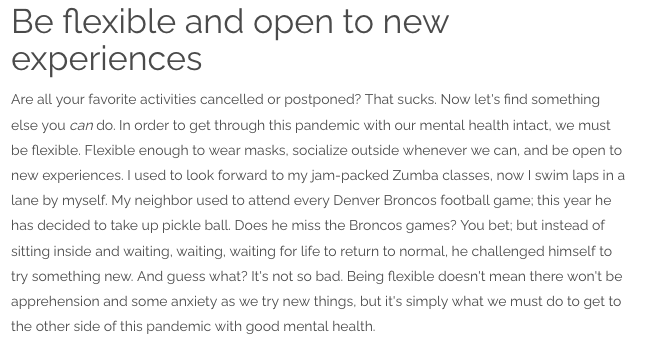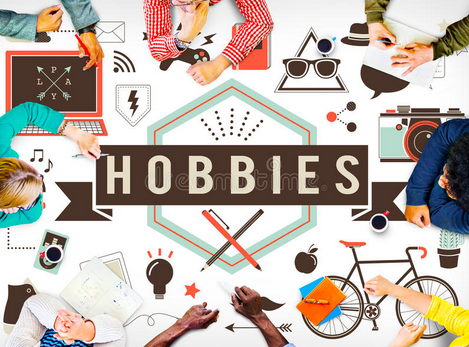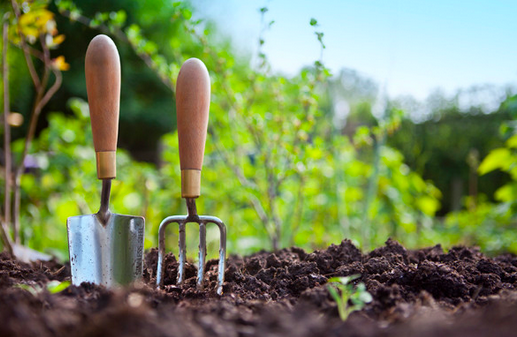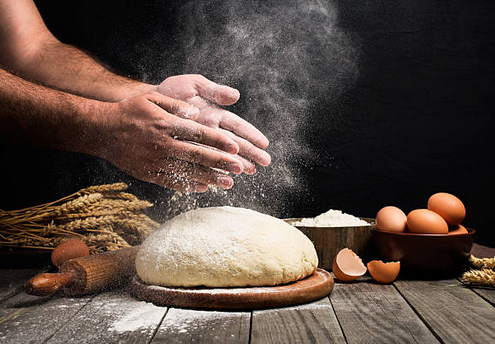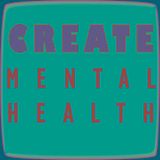I love houses. I love talking about them, thinking about them, working on them, decorating them…they provide endless amounts of entertainment and challenge. Usually I indulge my loves of houses in my free time. But recently I have found myself doing more talking and thinking about houses and space in my work hours as well. Specifically, can our homes affect our mental health? Yes. There are many, many ways your home can affect your mental health. Think of these situations:
People who are home-less
People who live in un-safe areas
People who live in un-clean, cluttered, and/or un-sanitary homes (think: Hoarders)
People who live in homes they cannot afford
Today I am going to talk about another group of people whose mental health is being affected by their homes: People whose homes are too darn big. How can this be a problem? Aren’t all of us pining to get into a house with more square footage, more rooms, more SPACE!?!? Maybe, but I am beginning to see that too much space can be a problem as well.
Think of a how a “typical†suburban family might spend their evening: Dad in the basement watching basketball, teenager in his/her room playing video games, tween in the living room watching the Disney Channel, and mom in her bedroom reading stories on-line about Robert Pattinson. Am I the only one who sees a problem here?
I’m afraid our homes have gotten so big (and so wired) that we often miss out on time that could be spent as a family. Remember the old days when there was only one TV in the house and we had to take turns choosing what we wanted to watch? Remember when we actually watched shows as a family (think: Cosby Show) and then talked about the funny parts all week? While having our own spaces is neat and cool, I wonder if it is the best thing for our mental health, and for the health of our families? Will we one day wake up and realize we barely know the other people living under our roof? I hope not.
So before you buy a bigger home, or spread out to all corners of your existing house, think about what you are doing. Share a TV, a couch, a bowl of popcorn. Play Monopoly, or spend time just talking. Enjoy your large spaces, but remember to spend time in close quarters with the ones you love, too.
This post originally appeared in April 2011

